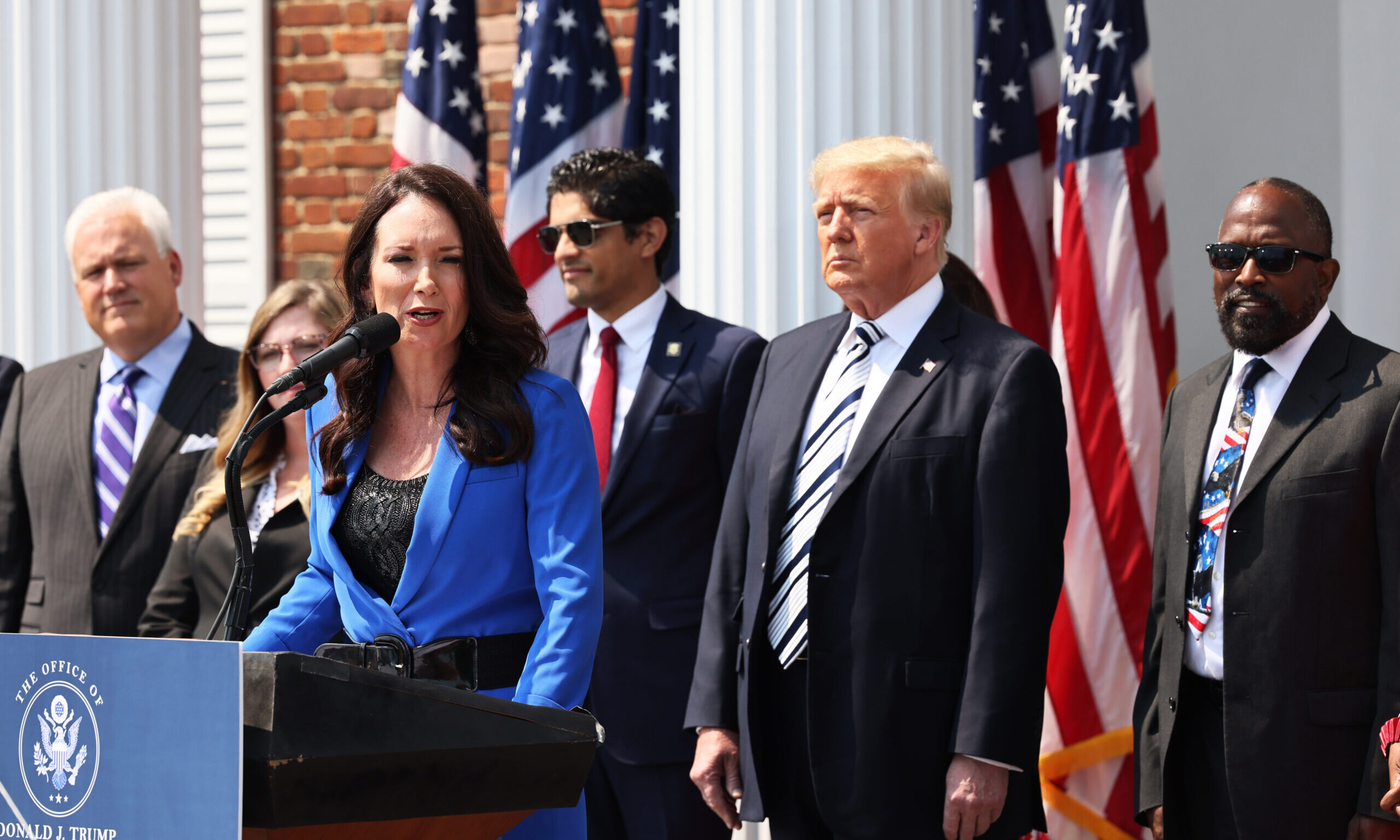
—
The National Science Foundation (NSF) is in Chaos Following Leadership Transition and Significant Funding Reductions
The US research sector is facing a significant crisis after the unexpected resignation of Sethuraman Panchanathan, the director of the National Science Foundation (NSF). Endearingly referred to as “Panch” in scientific communities, he announced his immediate departure from the role on April 24, more than a year prior to the conclusion of his six-year tenure. This sudden exit has reverberated through one of the nation’s most pivotal science organizations, which is already exposed to extraordinary political interference and fiscal pressures.
Panchanathan’s Tenure and Departure
Appointed by President Donald Trump and confirmed at the beginning of 2020, Panchanathan—a prominent electrical engineer and computer scientist—took leadership of NSF with aspirations of fostering innovation, inclusivity, and enhanced global competitiveness. In his public announcement, he stated that he had achieved what he could to progress NSF’s goals and that it was time for “new leadership” to step in. However, his resignation letter, procured by Science magazine, suggests underlying institutional challenges, referencing attempts to streamline agency processes while dealing with reduced resources and impending political obstacles.
Substantial Budget Reductions and Program Cuts
The context for Panchanathan’s abrupt departure is the Trump administration’s aggressive initiative to slash the NSF’s budget by an alarming 55%. In addition to this drastic financial cutback, the NSF is encountering staff reductions and the swift cancellation of grants aimed at promoting diversity, equity, and inclusion (DEI)—initiatives historically regarded as vital for cultivating a diverse and innovative research workforce. Moreover, efforts to tackle misinformation—a rising issue amid burgeoning misinformation campaigns and public skepticism toward science—have also been halted.
Universities nationwide are witnessing the premature termination of current research initiatives financed by the NSF and various federal bodies. The rapid disintegration of these projects poses a risk to scientific advancement and could deeply impact the careers of countless researchers, particularly early-career scientists who heavily rely on federal funding.
Political Involvement in Scientific Inquiry?
Compounding the situation are claims that personnel from the Department of Government Efficiency (DOGE)—a federal program spearheaded by billionaire Elon Musk—are aiming for an expanded role in federal research funding decisions. Detractors caution that such blatant political oversight of scientific grants might lead to an era of ideological interference, jeopardizing the independence of research organizations.
Senator Maria Cantwell, the leading Democrat on the Senate Commerce, Science, and Transportation Committee, denounced the budget slashes and linked them to the Trump administration’s broader campaign to undermine America’s scientific preeminence. “The National Science Foundation’s 55% budget reduction is an intentional dismantling of America’s innovation engine by [White House Office of Management and Budget director] Russell Vought and DOGE,” Cantwell said, adding, “Don’t hold Panch accountable for resigning.”
Broad Alarm in the Research Community
The sentiment among researchers is somber. Neal Lane, a physicist who was a science adviser to former President Bill Clinton and served as an NSF director during the 1990s, expressed empathy for Panchanathan’s situation. “I can’t fathom how challenging it must have been to shield NSF from the assaults … by Trump and Musk,” Lane told Chemistry World. He indicated that Panchanathan’s endeavors were likely hindered by an administration that consistently disregarded agency leadership and made unilateral policy choices.
In the meantime, Chemjobber, a well-regarded industrial chemist and contributor to Chemistry World, cautioned that the situation is not likely to stabilize in the near future. “We have no idea what the Trump administration’s intentions for the US federal R&D framework are, apart from the abrupt cancellation of grants,” he noted.
Uncertain Prospects for NSF and American Science
With Panchanathan’s exit, the NSF confronts a significant leadership gap during a period of upheaval. It remains uncertain who will assume the acting director role while the search for a lasting successor is underway. The future of American science is precarious, with concerns that ongoing budget reductions, layoffs, and political interference could severely undermine the nation’s research ecosystem for years ahead.
In the meantime, scientists, university leaders, and policy supporters are urging Congress to take action, restore funding, and reaffirm the autonomy of scientific research in the US. Whether these appeals will be acted upon is yet to be determined, but for now, a shadow of uncertainty looms significantly over the country’s foremost engine of scientific discovery.
—
Sources:
– National Science Foundation, Official Resignation Statement
– Science Magazine, Resignation Letter
– Chemistry World, Interviews with Neal Lane and Chemjobber
– Public Statements by Senator Maria Cantwell